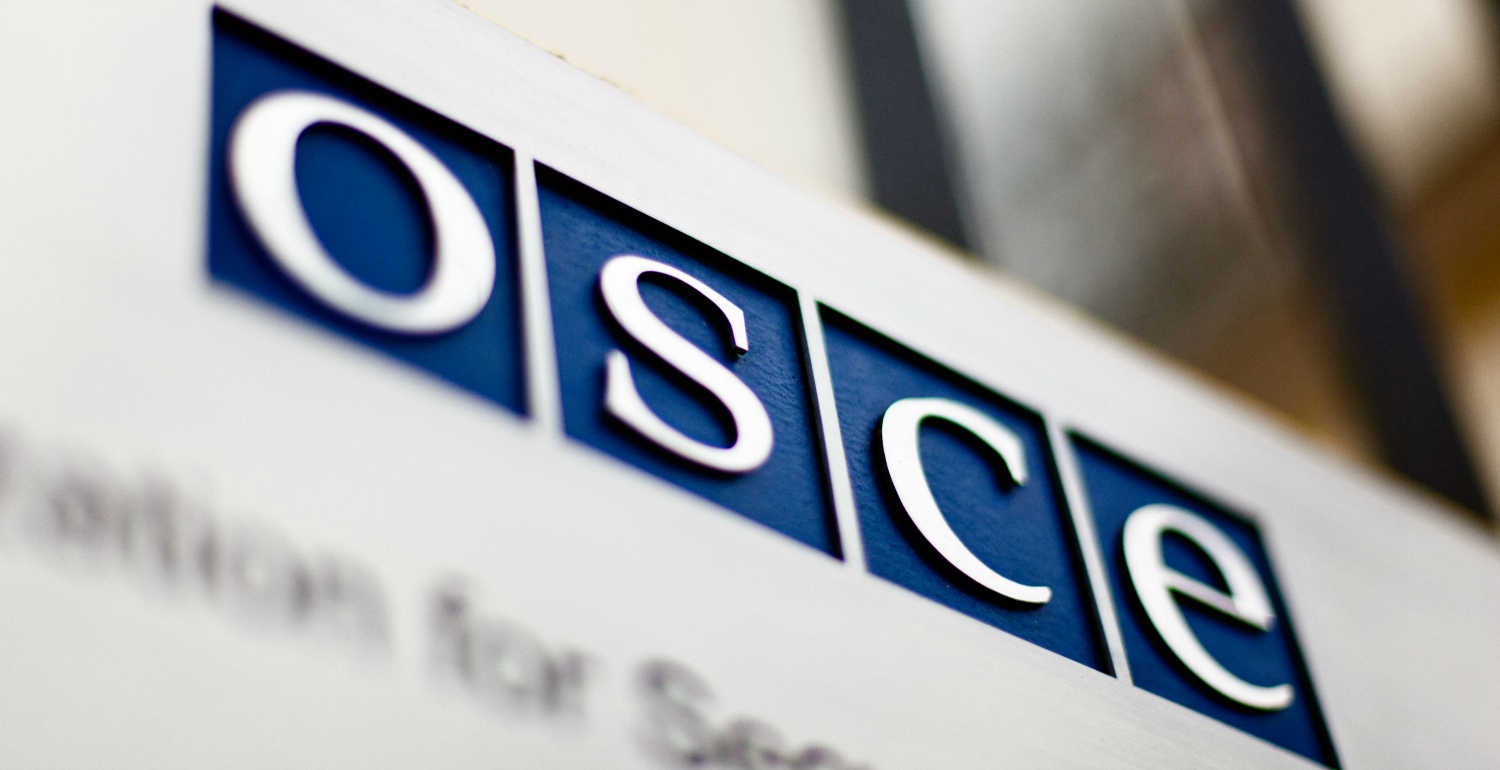On December 8, 2017, the OSCE Ministerial Council approved two new cross-dimensional decisions to combat human trafficking. One decision was led by the United States, Italy, and Belarus and focused on preventing child trafficking and other forms of sexual exploitation of children, particularly on the internet and in sex tourism. The Ministerial Council also passed a second decision, introduced by the 2017 Austrian Chairmanship of the OSCE, titled, “Strengthening Efforts to Prevent Trafficking in Human Beings.”
The decision addresses all forms of human trafficking and reflects key initiatives of the OSCE in recent years, especially those that encourage corporate responsibility for prevention of trafficking in supply chains.
Examining Subcontractors
Beginning with the responsibility of governments to ensure that goods and services for the government are purchased from trafficking-free sources, the decision commends “participating States that require contractors supplying goods and services to the government to take effective and appropriate steps to address the risks of human trafficking in their supply chains.”
Notably, the decision goes beyond the primary contracting entity and encourages governments to examine any intended subcontractors and employees., It reflects the reality that while a prime contractor may be trafficking-free, in an effort to cut costs and increase profit margins, work may be subcontracted out to less scrupulous vendors who may not be as aware of, or as concerned with, government requirements.
Addressing Vulnerability Factors
The decision also addresses the precursors to human trafficking, commending participating States that prohibit contractors, subcontractors, and employees from “participating in activities known to lead to human trafficking.”
Many contract and subcontract provisions that may seem neutral on first glance in reality lead in whole or in part to situations of vulnerability to human trafficking. For instance, in 2015, the United States banned the following practices in U.S. government contracts as relates to actions by the contractors, subcontractors, or employees as the actions were closely linked to human trafficking:
- Purchasing commercial sex.
- Destroying, concealing, removing, confiscating, or otherwise denying an employee access to that employee’s identity or immigration documents without the employee’s consent.
- Failing to abide by any contractual provision to pay return transportation costs upon the end of employment for the purpose of pressuring an employee into continued employment.
- Soliciting a person for the purpose of employment, or offering employment, by means of materially false or fraudulent pretenses, representations, or promises regarding that employment.
- Charging recruited employees unreasonable placement or recruitment fees, or any such fee that violates the laws of the country from which an employee is recruited.
- Providing or arrange housing that fails to meet host country housing and safety standards.
Using Government Contracts as Incentives
Using government contracts as an incentive for businesses to undergo the auditing and policy overhauls required for clean supply chains, the decision ultimately calls on participating States to “take into account whether businesses are taking appropriate and effective steps to address the risks of human trafficking, including with regards to their subcontractors and employees, when considering the awarding of government contracts for goods and services.”
Historically, many governments have sought the least expensive contract for the most goods or services on the principle of using taxpayer funds efficiently—creating a perverse incentive for companies to turn a blind eye to human trafficking and its precursors. The decision championed by the 2017 Austrian Chairmanship encourages participating States to reverse the incentive and reward with government contracts only to those companies that have done their due diligence to ensure trafficking-free supply chains.
This requirement reaches past the comparatively small number of businesses that receive government contracts and encourages all businesses competing for government contracts to clean their supply chains first. Strong implementation by OSCE participating States could set new industry standards where human trafficking and its precursors become significantly less profitable.







